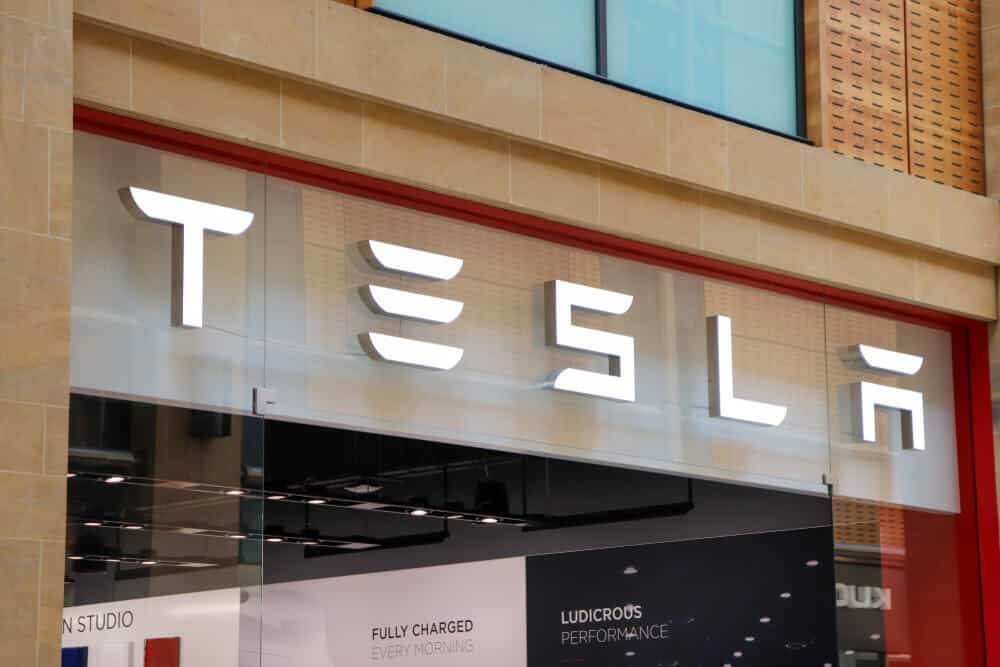
The regulatory credits and their importance to Tesla
The electric carmaker reliance on regulatory credits has been pushed back into the spotlight after a regulatory filing revealed that the investor, Michael Burry took a $535 million bet against Tesla.
The famous hedge fund manager said in a tweet that is deleted now that the company`s reliance on regulatory credits to generate profits seems a red flag.
In the first quarter of the year, Tesla raked in $519 million in revenue from sales of regulatory credits. It helped the U.S. electric car maker post another quarter of profit.
Governments worldwide have introduced incentives for automakers to reduce carbon emissions. It will develop very low-carbon emitting cars and other electric vehicles. Credits belong to carmakers that build and sell environmentally-friendly cars.
In the U.S., at least 13 states started to rule surrounding regulatory credits. They ask auto manufacturers to produce a certain number of zero-emission vehicles based on the total number of vehicles they sell in that particular state.
Automakers will get a certain amount of credits because of producing such cars. It will be based on factors like the range of the vehicle. For example, more extended range get more credits.
Requirements and Regulatory Credits outside of the U.S.
These carmakers need to have a certain amount of regulatory credits every year. They can buy credits from other companies with excess credits if they can’t manage to meet the target.
Tesla always has excess regulatory credits and can sell them at a maximum profit because it only sells electric cars under the ZEV category.
The European Union and China have such a credit scheme as the U.S.
The regulatory credit requirements in China have been increasing since 2019. Chinese regulations count the amount of credit based on various factors, including the range of the car.
Tesla can easily earn these green credits in China, which is one of its most important markets. However, it ran into negative publicity last month.
The lawmakers have been trying aggressively to reduce emissions from cars in Europe. The European Union said in 2020 that the average carbon emissions from vehicles must be no more than 96 grams per kilometer. Auto companies that will exceed these requirements have to pay fines.
CFO of Tesla, Zachary Kirkhorn, answered some questions regarding these credits. He said that in the long-term regulatory credit sales would not be a material part of the business, and they don’t plan the business around that.


